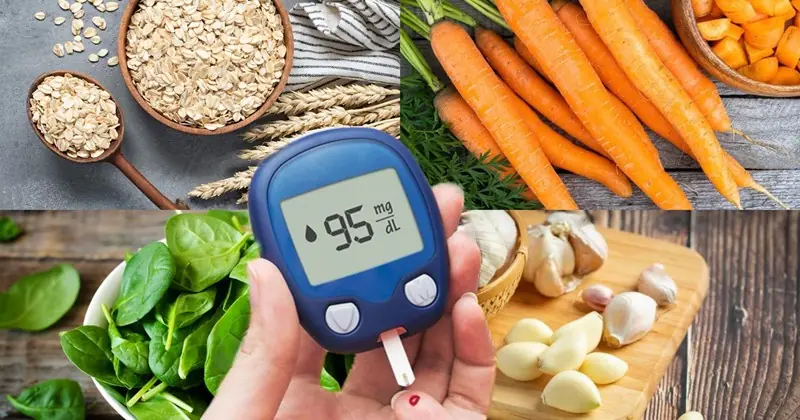
Eat These 10 Superfoods to Speed Up Can.cer Recovery and Prevent Recurrence!
A healthy diet plays a crucial role in supporting cancer patients through treatment and recovery. Proper nutrition helps maintain energy, repair tissue damage, and strengthen the immune system during treatment. Here’s a comprehensive guide on what foods can aid in cancer recovery, how to manage side effects of treatment, and what to focus on for long-term health.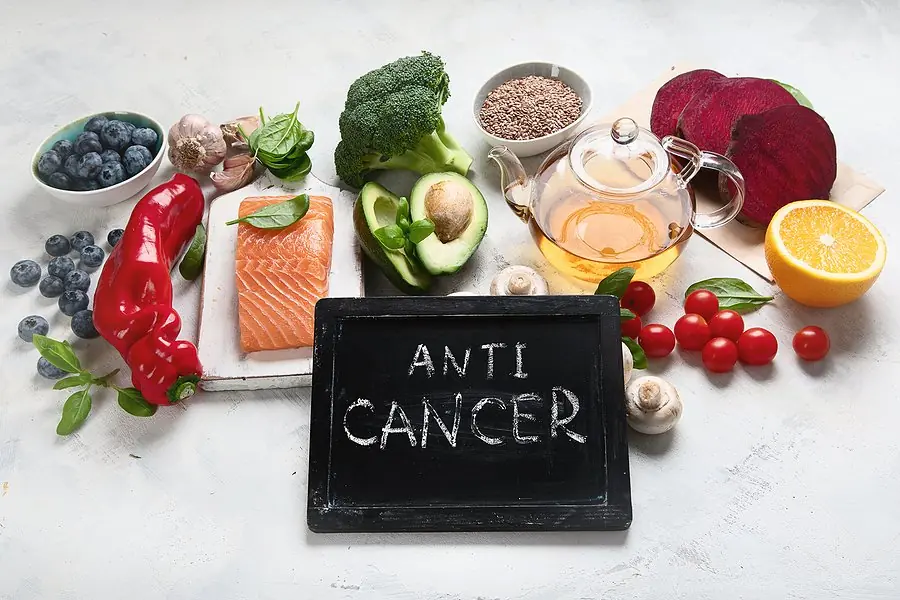
Before Cancer Treatment: Preparing Your Body
Before beginning cancer treatment, it’s important to choose healthy foods that will support your body. A balanced diet rich in whole grains, fruits, vegetables, legumes, nuts, and healthy proteins is ideal. Avoiding processed foods is essential for long-term health.
Consider stocking up on easy-to-prepare snacks like yogurt, frozen fruit, nuts, soups, or crackers, which are gentle on the stomach in case of nausea. Nutritional shakes are also a great option if you feel weak or have trouble eating solid food.
During Treatment: Focusing on Nutritional Support
During treatment, the goal is to supply essential nutrients to your body, even if only in small amounts. Side effects like nausea, taste changes, and fatigue can make eating challenging. To combat this, try eating small, frequent meals with mild-tasting foods like cereal, crackers, fruit, eggs, and fresh cheese.
Protein intake is critical to help the body recover and heal from the effects of cancer and treatment. High-protein foods include lean meats, chicken, fish, eggs, beans, nuts, cheese, and yogurt. Plant-based proteins, such as lentils and peas, also provide essential fiber.
Fruit and vegetables are essential as they are rich in fiber, which aids digestion and boosts the immune system. Opt for dark leafy greens, yellow vegetables, and citrus fruits like oranges and grapefruits. Colorful foods are rich in important nutrients. Be sure to wash fruits and vegetables thoroughly before consumption.
Hydration is key during cancer treatment, as therapies may cause dehydration. Drink water regularly, and consider sports drinks, teas, and coffee to replenish fluids. Soups, gelatin, yogurt, and puddings are great sources of hydration and can be easy on the stomach.
On days when appetite is low, choose high-calorie foods like avocados, peanut butter, or oils to maintain weight. Fruit juices, smoothies, and nutritional shakes are also useful for adding extra calories and nutrients when solid food is unappealing.
Managing Side Effects of Cancer Treatment with Diet
Certain foods can help ease the side effects of cancer treatment:
-
Nausea or Vomiting: Avoid fatty, spicy, or strongly flavored foods. Dry foods like crackers or toast can be more manageable. Drinking clear liquids like broths, sports drinks, and water is also helpful.
-
Mouth or Throat Issues: If you have ulcers or difficulty swallowing, opt for soft foods. Avoid rough or spicy foods. Warm (not hot) meals are easier to handle, and using straws for soups or beverages can help.
-
Diarrhea and Constipation: For diarrhea, stay hydrated and reduce high-fiber foods like whole grains and vegetables. For constipation, add fiber to your diet gradually and drink plenty of water.
Foods to Avoid During Treatment
Avoid hydrogenated oils, as they can increase inflammation. Refrain from processed foods, raw eggs, raw or undercooked fish, and unpasteurized dairy products. Always consult your doctor before using supplements, as some may interfere with cancer treatments. In cases where it's difficult to eat enough, a multivitamin may be considered, but it’s best to focus on nutrients from whole foods.
Post-Treatment: Supporting Long-Term Recovery
After treatment, the focus shifts to recovery and preventing cancer recurrence. Nutritional needs will depend on the type of cancer and treatment received. However, a balanced diet that includes plenty of fruits, vegetables, whole grains, and legumes can help reduce the risk of cancer returning.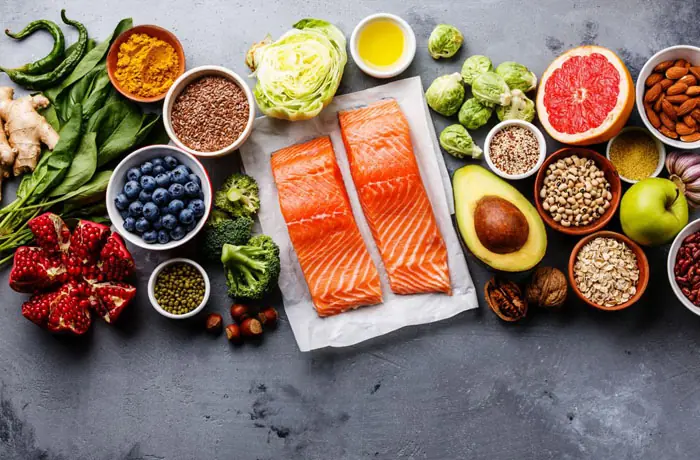
Conclusion: The Power of a Nutrient-Rich Diet in Cancer Recovery
The right diet can significantly aid in the recovery process, helping the body rebuild strength, improve digestion, and support long-term health. Whether before, during, or after cancer treatment, maintaining a diet that’s rich in protein, fiber, healthy fats, and essential vitamins is crucial for supporting recovery and well-being.
Consult with a healthcare provider or nutritionist to tailor your diet to your specific needs and treatment plan.
News in the same category


5 Common Breakfast Mistakes That Quietly Cause Weight Gain After 40
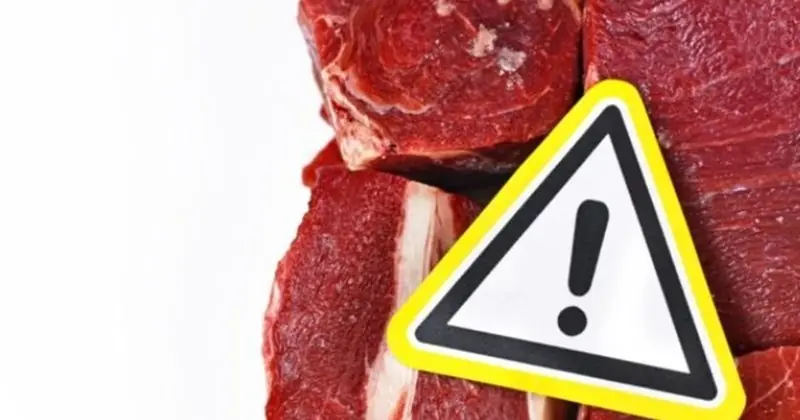
The Type of Meat That Spikes Ur.ic Ac.id and Accelerates Kid.ney Failure

Protect your kidneys - choose your drinks wisely! Avoid these 4 ha.rmful beverages and hydrate the right way

Reason people get strange white bumps on their lips or private parts
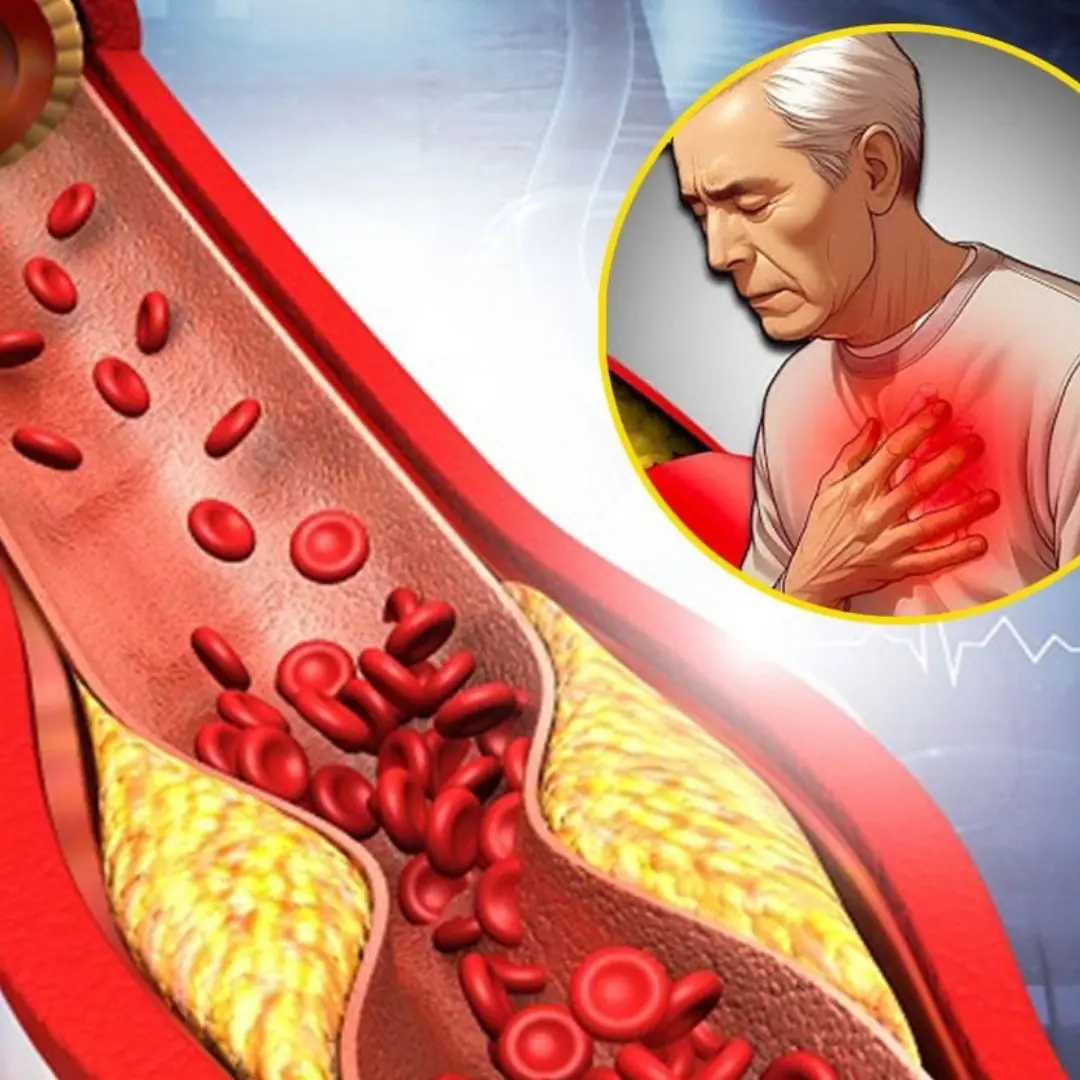
10 signs you’re living with clogged arteries

Doctors Warn That Unusual Odors in 3 Body Areas May Signal Liv.er Damage

If Your Legs Cramp at Night You Need to Know This Immediately
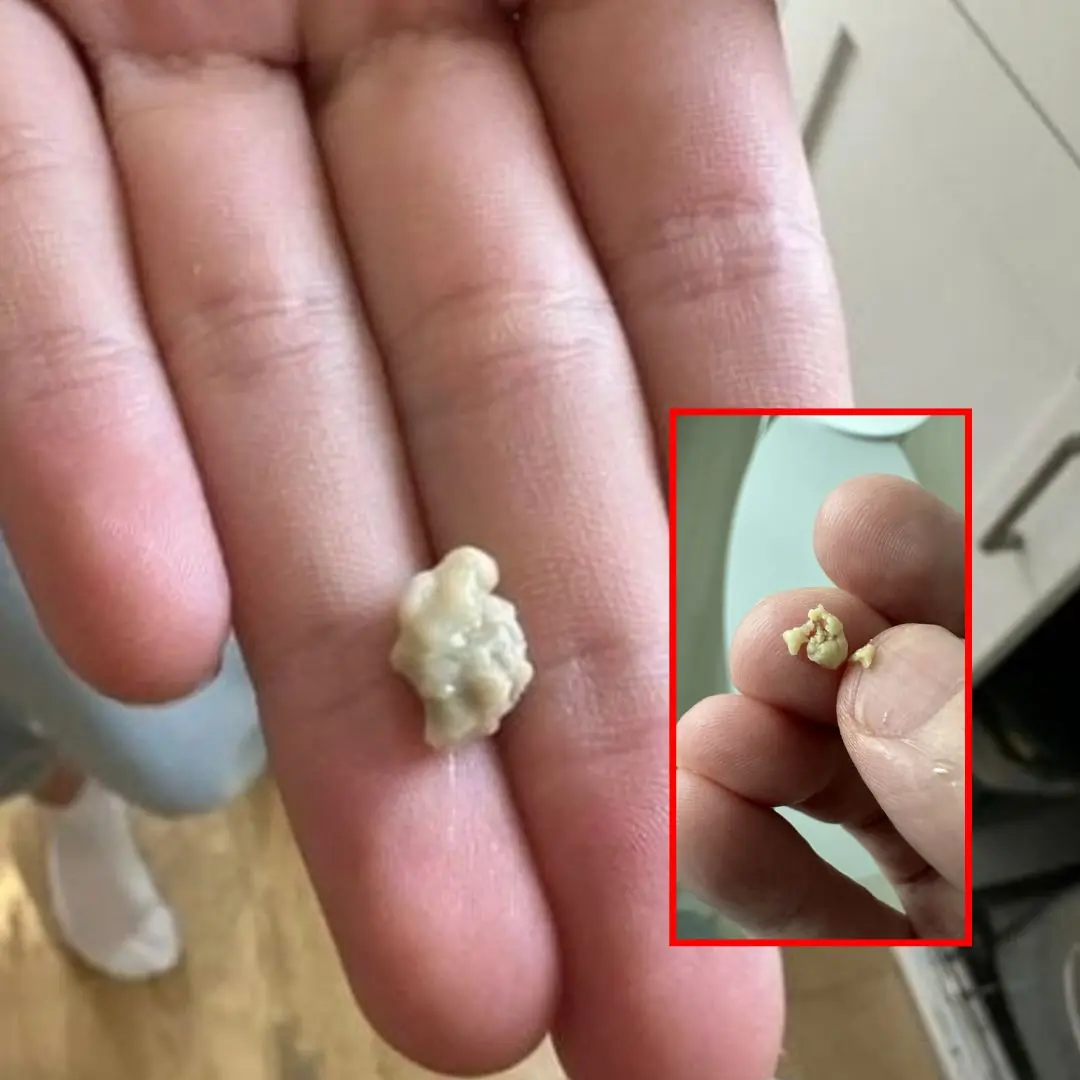
I sneezed 4-5 times yesterday and then felt something tickling my throat
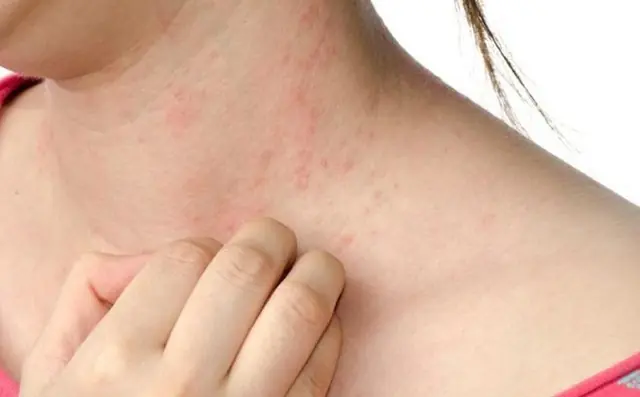
Why Do Your Hands and Feet Itch Like Crazy Every Winter?
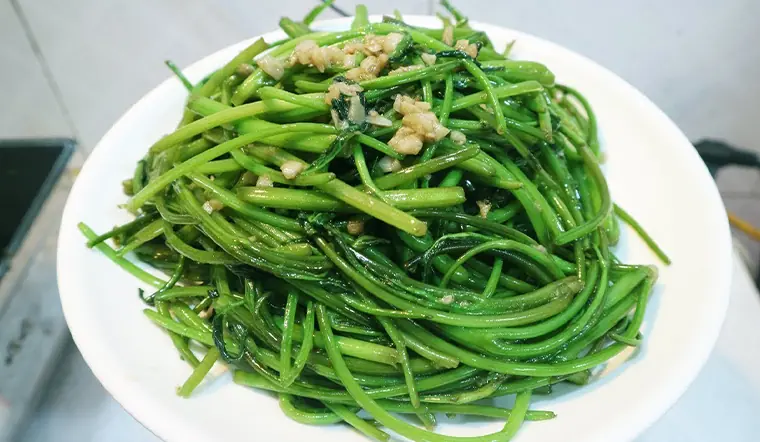
A Vegetable Once Fed to Pigs Is Now a “Can.cer-Fighting Superfood” Sold at Sky-High Prices Worldwide

8 Hidden Egg Dang.ers Your Body Is Begging You to Notice — Before It’s Too Late

Indian Borage: The Miracle Leaf That Heals Lu.ngs, Skin, Gut, and Soul
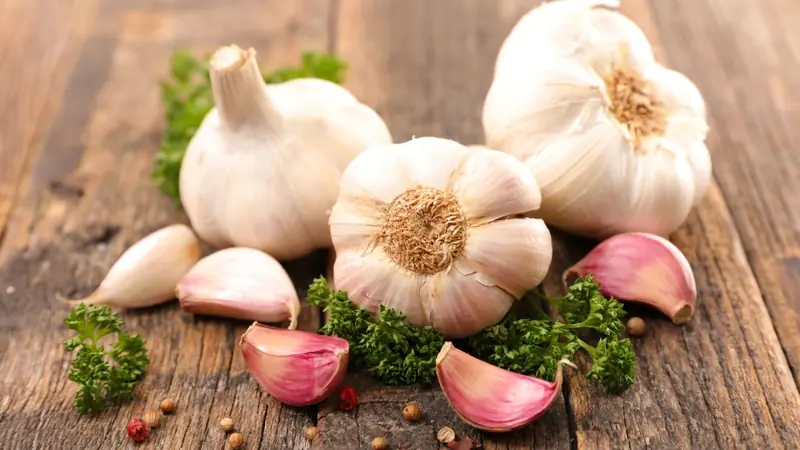
The Morning Elixir That Transforms Your Health in One Sip: The Ancient Garlic Ritual Modern Science
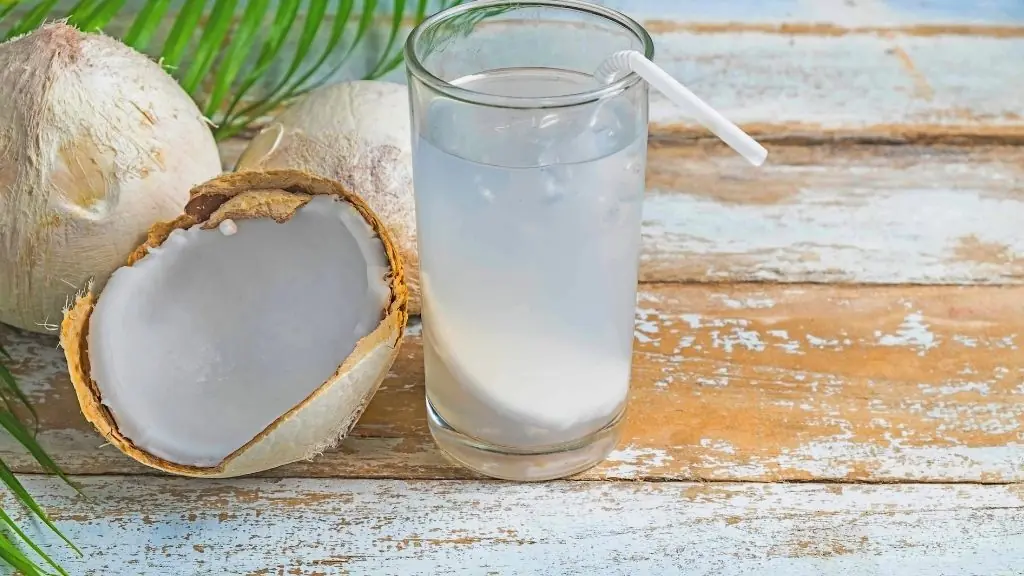
Coconut Water Secrets: The Hydration Miracle You’re Drinking Wrong
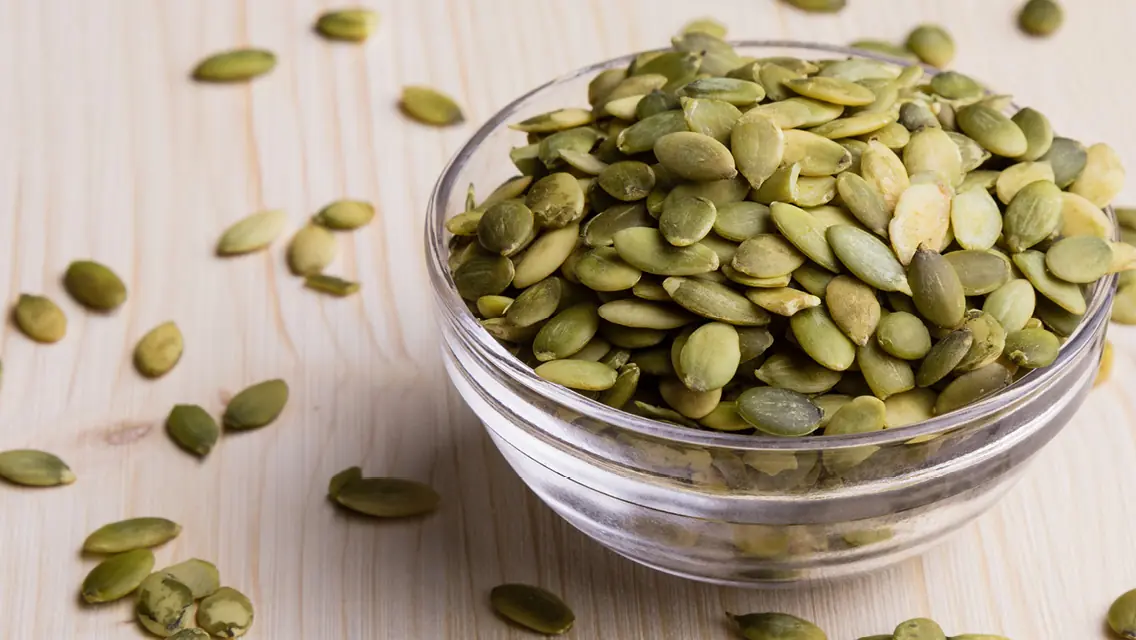
Unlock Prostate Power: The Unexpected Superfood Every Man Over 40 Should Be Eating Daily

Is Your Cooking Oil Secretly Raising Your Ri.sk of Co.lon Can.cer?
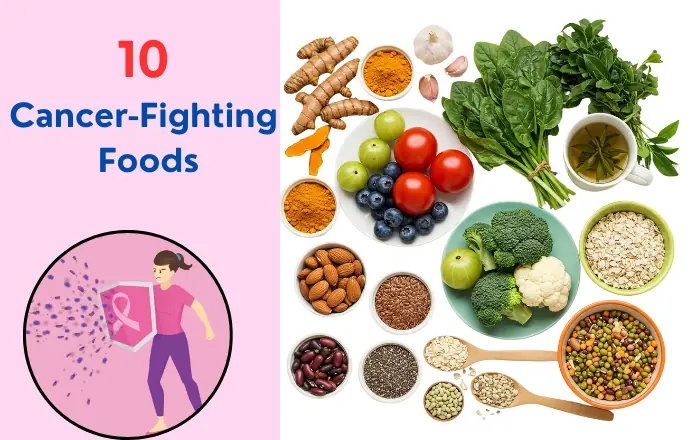
10 Superfoods That Can Help Your Body Fight Can.cer

Just 1 OREGANO leaf a day and you will be pain free
News Post

The Secret Language Between Flight Attendants and Pilots That Most Passengers Don’t Understand
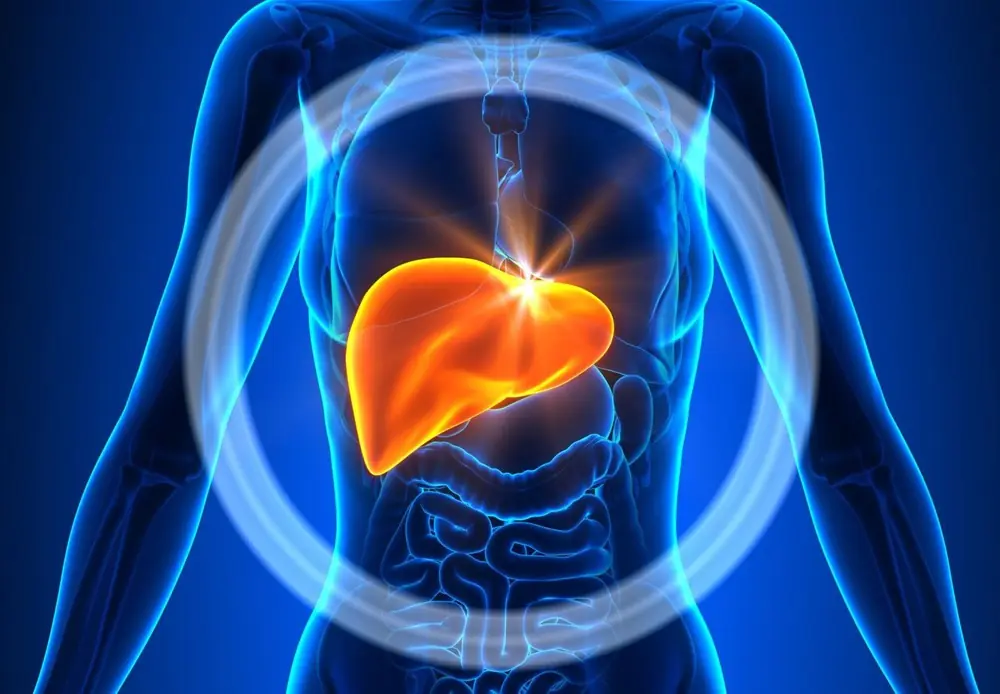
5 Simple Habits to Protect Your Liv.er and Boost Your Health After 40

Is Drinking Lemon Water Good or Bad for Your Kid.neys?

How Black Tea Can Help Lower Ur.ic Ac.id and Protect Your Kid.neys
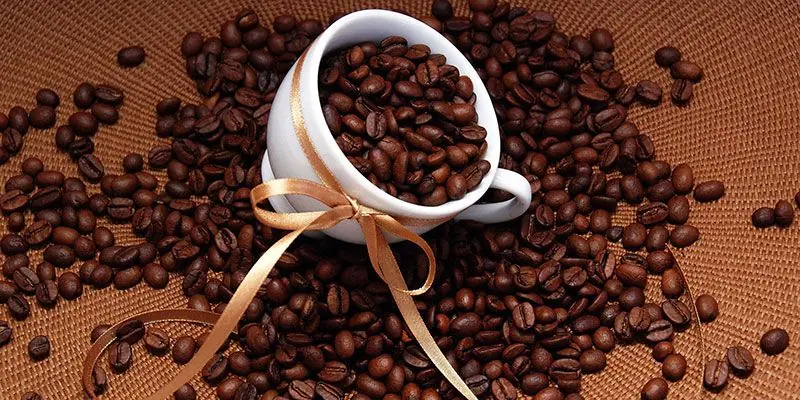
Stop Belly Fat Now: 3 Coffee Mistakes You’re Making (And How to Fix Them)
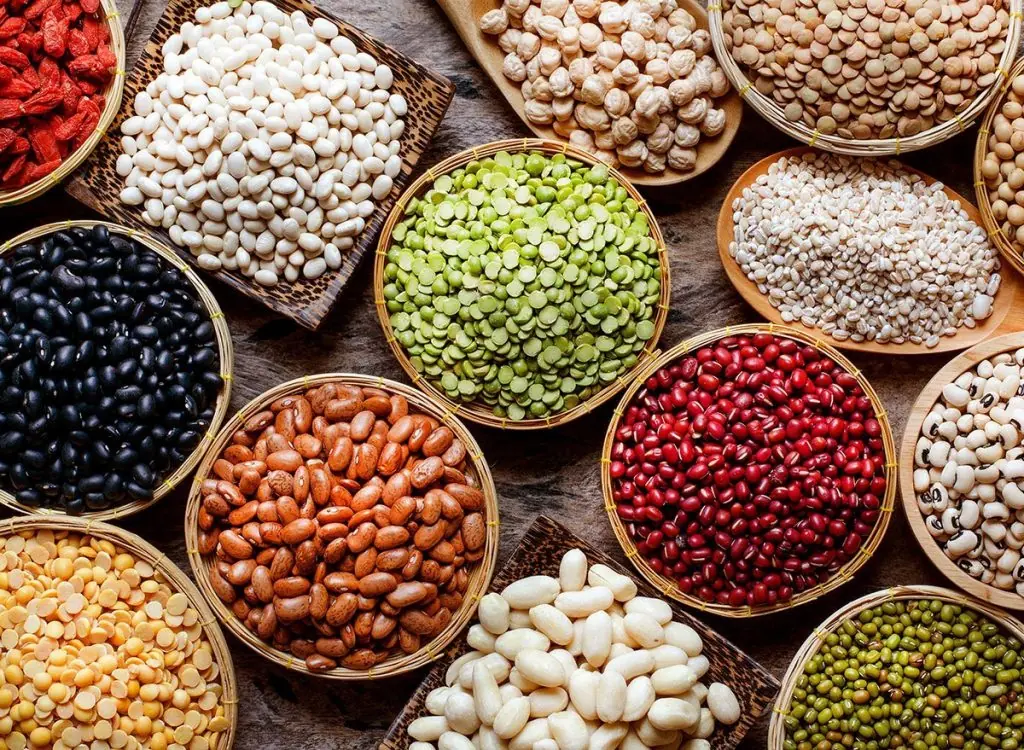
Canned Beans vs. Dried Beans: Which One is Better for Digestion and Heart Health?

10 Foods to Effectively Lower Bloo.d Sugar After a Meal

5 Simple Tricks to Crush Sugar Cravings and Boost Dopamine Without Cutting Sweets

5 Common Breakfast Mistakes That Quietly Cause Weight Gain After 40

How Eating Eggs Improves Brain Health: The Benefits You Didn’t Know

The Type of Meat That Spikes Ur.ic Ac.id and Accelerates Kid.ney Failure

4 Health-Boosting Benefits of Vitamin C You Need to Know

Protect your kidneys - choose your drinks wisely! Avoid these 4 ha.rmful beverages and hydrate the right way

Reason people get strange white bumps on their lips or private parts

7 scents snakes hate: Use them around your home to keep snakes away

11 Telltale Signs That Your Dog Might Be Approaching the End of Their Life

10 signs you’re living with clogged arteries

Doctors Warn That Unusual Odors in 3 Body Areas May Signal Liv.er Damage
